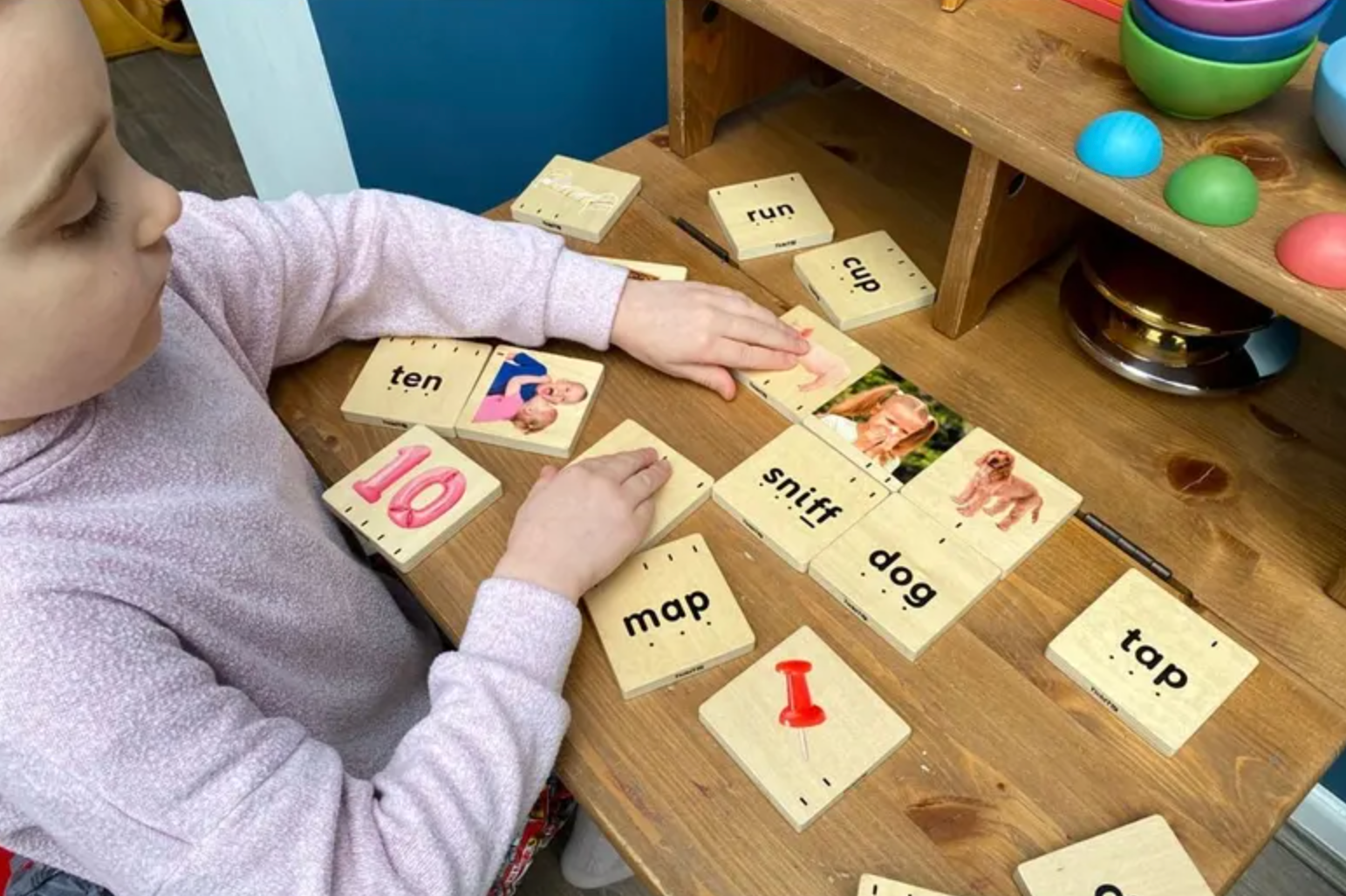Scholar's Choice


Phonics is an essential component of early years literacy programs. Here are some reasons why phonics is important:


1) Decoding Skills
Phonics instruction helps children develop decoding skills, enabling them to sound out and read words. By understanding the relationship between letters and their corresponding sounds, children can break down unfamiliar words into manageable parts and blend the sounds together to read accurately.
2) Reading Fluency
Phonics instruction contributes to reading fluency. When children can quickly and accurately decode words, their reading becomes more fluent and natural. Fluent reading enhances comprehension and overall reading enjoyment.
3) Spelling Skills
Phonics instruction aids in spelling development. By learning the letter-sound correspondences, children can apply this knowledge to spell words. Understanding the phonetic patterns and rules helps them make informed spelling choices, building their spelling accuracy and confidence.
4) Vocabulary Expansion
Phonics instruction supports vocabulary development. As children learn letter-sound relationships, they encounter and explore new words. They can decode and understand the meanings of unfamiliar words by using their phonics knowledge to sound them out and link them to existing vocabulary.




5) Word Recognition
Phonics instruction improves word recognition skills. By understanding phonics patterns and rules, children can recognize familiar words more quickly and efficiently. This recognition facilitates reading comprehension and overall reading efficiency.
6) Independent Reading
Phonics empowers children to become independent readers. When they have the tools to decode words independently, they can read with greater autonomy, confidence, and enjoyment. Phonics provides a foundation for children to explore texts on their own and develop a lifelong love of reading.
7) Transferable Skills
Phonics instruction develops transferable skills that extend beyond reading and spelling. The ability to identify and manipulate sounds in words supports phonemic awareness, which is crucial for language development and future literacy skills, such as phonological awareness and writing.
8) Early Intervention
Phonics instruction can be particularly beneficial for struggling readers or children at risk of reading difficulties. Early identification and targeted phonics support can help address gaps in foundational literacy skills, preventing reading difficulties from persisting and promoting future success.




9) Systematic Approach
Phonics instruction provides a systematic and structured approach to teaching reading and spelling. It follows a logical sequence, introducing letter-sound correspondences progressively and building upon previously learned skills. This sequential approach ensures a solid foundation for literacy development.
10) Research-Based Evidence
Phonics instruction is supported by substantial research demonstrating its effectiveness in promoting early reading and spelling skills. Numerous studies have shown the positive impact of explicit and systematic phonics instruction on children's literacy outcomes.
It's important to note that while phonics is essential, a balanced literacy approach also incorporates other elements, such as comprehension strategies, vocabulary development, and exposure to a variety of texts. A comprehensive literacy program combines phonics instruction with other reading components to foster well-rounded literacy skills in early years learners.

